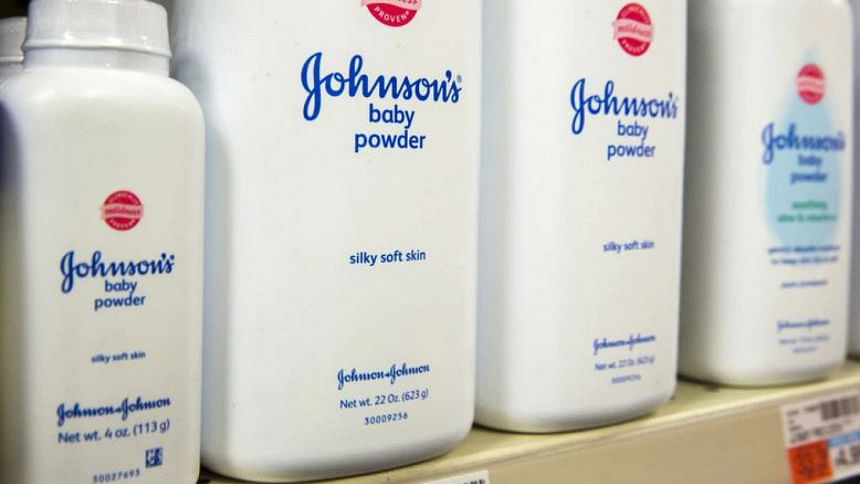Global ban looming for Johnson & Johnson baby powder?

The healthcare company Johnson & Johnson is facing an attempt to force a shareholder vote to halt its sales of talc-based baby powder across the world, including UK, amid concerns over alleged links to cancer, The Guardians reports.
Johnson & Johnson (J&J) withdrew its talc-based baby powder from sale in the US and Canada in 2020. Sales of baby powder had dropped after US regulators detected carcinogenic chrysotile fibres, a type of asbestos, in a sample, according to the report published on February 6.
The company is now facing more than 34,000 lawsuits including many from women who claim they used baby powder and later developed ovarian cancer, the report said.
The shareholder vote has been proposed by Tulipshare, a London-based investment platform that allows customers to pool shares in order to meet the threshold to submit resolutions for shareholder votes. The proposal has been submitted to the US Securities and Exchange Committee (SEC) to consider if it is eligible ahead of J&J's annual meeting, expected in April.
Talc, the world's softest mineral, is mined in several countries, with uses across industries as diverse as paper, plastics and pharmaceuticals. Talc's astringent properties mean it is used to treat nappy rash and for other personal hygiene uses, The Guardian said.
However, talc deposits can sometimes be contaminated with asbestos, a mineral that can cause cancer if its fibres enter the body. Corn starch can be used as a replacement, according to the report.
The Guardian said Johnson &Johnson strongly denies that its baby powder is harmful and said it only pulled the product in North America after a slump in sales "fuelled by misinformation around the safety of the product". A spokesperson pointed to a 2020 cohort study that found no statistically significant increased risk of ovarian cancer with talc use.
A spokesperson was quoted by The Guardian as saying: "We stand behind the ingredients we use in our products, and Johnson & Johnson has a rigorous testing standard in place to ensure our cosmetic talc is safe. Not only is our talc routinely tested to ensure it does not contain asbestos, but our talc has also been tested and confirmed to be asbestos-free by a range of independent laboratories, universities, and global health authorities."

 For all latest news, follow The Daily Star's Google News channel.
For all latest news, follow The Daily Star's Google News channel. 



Comments